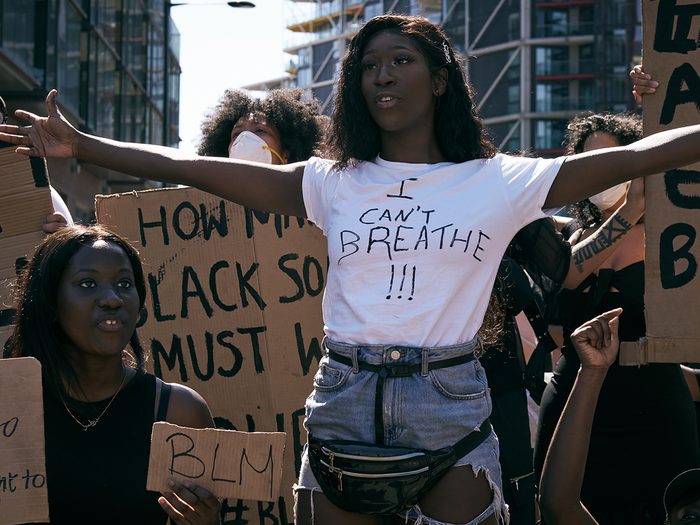
The year everything changed
It’s no secret that 2020 has been rough so far. The year started out with massive bushfires in Australia, then quickly segued into the COVID-19 pandemic. Then, once states started the process of reopening at the end of May, George Floyd was killed while in police custody in Minneapolis and it was caught on video, providing graphic visuals to the plague of police violence that never seems to improve. Since then, there have been protests around the world against racial injustice, some of which have turned violent—many at the hands of police officers.
Because of all of this, this year has already gotten a bad rap, and we’re not even halfway through it. Some have pointed out that 2020 is basically a combination of 1918 (when there was another global pandemic) and 1968 (when there were widespread demonstrations and unrest during the fight for civil rights). But others have taken a different view. One protest sign we saw recently sums it up nicely: “2020 is not the end of the world. It’s the beginning of a new one.” Looking at it that way isn’t only optimistic—it makes sense. Though tumultuous, this year has brought to light a lot of issues involving public health, systemic racism, and how we treat the planet, among others. Here are 12 ways that 2020 might be the wake-up call we needed.
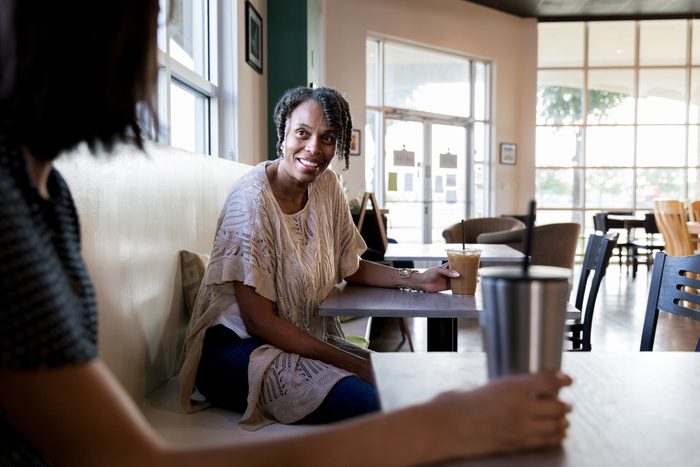
It could change the way we treat each other
Prior to the coronavirus outbreak, it was pretty easy to go about only thinking about yourself and your family, without having to consider the safety or needs of other people. But according to Michael Baur, PhD, an associate professor of philosophy at Fordham University, this year may change that. “The year 2020 is turning out to be a year in which our hindsight really is 20/20, in the sense that we have had the occasion to become more clear-sighted about our deep interconnectedness and mutual dependence on one another—even though we could have and should have been aware of these things beforehand,” he says. “The coronavirus pandemic has made us more sensitive to the fact that the seemingly innocent freedoms and conveniences of some people can have a severe and detrimental impact on the well-being of others.”
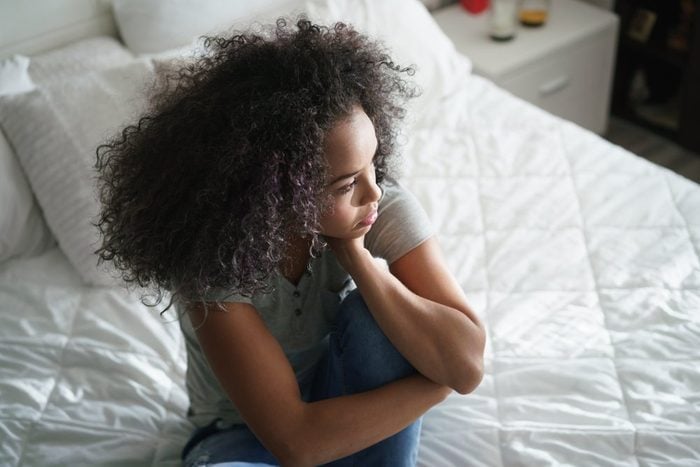
It has made us more aware of economic disparities
In addition to the health impact, the COVID-19 outbreak has also caused people of colour to take an economic hit. For example, coronavirus layoffs have disproportionately impacted people of colour. “Just as earthquakes expose the fault lines in the earth, the pandemic has exposed the fault lines in our economy and civic institutions,” says Marc Morial, CEO and president of the National Urban League. “The decade-long economic expansion that just ended, blinded much of America to the stark disparities festering just beneath the surface. The much-touted ‘lowest Black unemployment rate in history’ consistently was twice the rate for white Americans, and many of those who were employed were barely hanging on. Whenever the economy collapses, Black people are disproportionately crushed under the rubble. Now, we have an opportunity to rebuild a more equitable economy. We don’t want to look back on 2020 as the year we blew our chance.” For more on how to support the Black community, here’s where to donate in Canada.
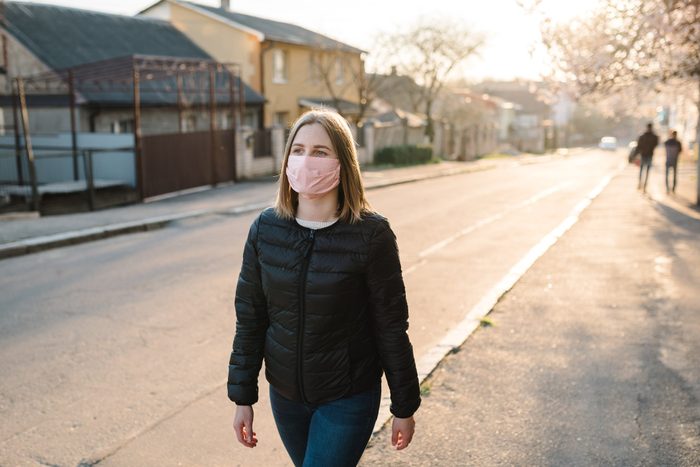
It has given us a better understanding of public health
As citizens, we’ve been taught that we are in control of our own bodies, and are entitled to autonomy and freedom. So during the COVID-19 pandemic, it became the first time many people have even thought in terms of public health, and how their health behaviours could impact other people. That includes improved hygiene habits like more frequent handwashing, wearing a face mask when appropriate, and being careful with high-touch surfaces and anything communal. “Not only does the virus force us to recognize that we are all bound to each other, but it also highlights that the only way through is to stand together to support each other, identify vulnerabilities and eliminate them where possible even if it seems that this comes at some cost to ourselves,” says Lisa Eckenwiler, PhD, professor of philosophy in George Mason University’s College of Humanities and Social Sciences. “Times like these, though, with death counts in the hundreds of thousands and life-years and opportunities lost inestimable, find us re-assessing what we value and how. Solidarity would have us value one another and our shared—and more equitable—welfare above all else.”
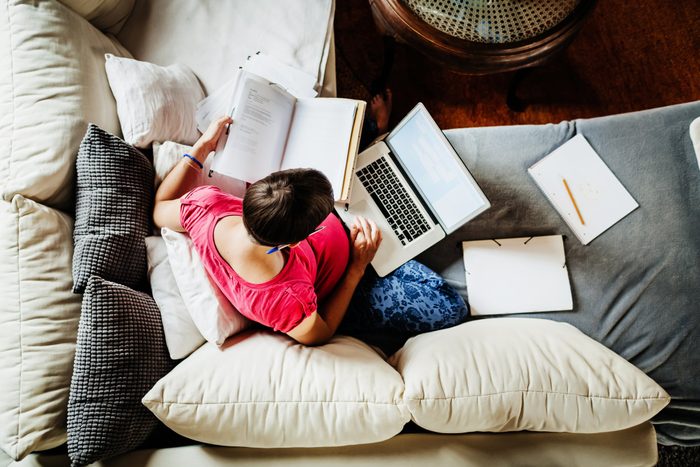
It could result in more opportunity to work remotely
Prior to the pandemic, working from home wasn’t standard, and typically included as part of a benefits package. But at this point, we have established that many job positions can be done successfully from home. In fact, according to a recent Gartner poll, 48 percent of employees will likely work remotely at least part of the time after COVID-19, versus 30 percent before the pandemic. “Many people have reported an improvement in work-life quality with the ability to be able to work from home and spend more quality time with family members,” says Eudene Harry, MD, a former ER doctor and health expert. “Many families have gotten to know each other better and have formed closer bonds.” (Plus, here are some simple desk stretches you should be doing while working from home.)
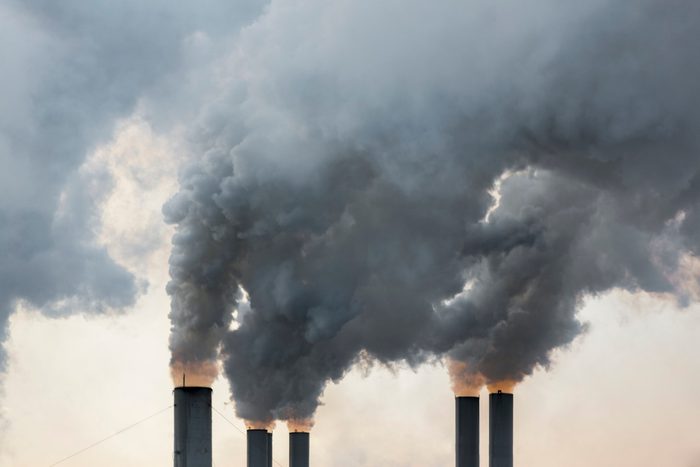
It gives us the opportunity to “reset” our approach to climate change
Depending on where you live, the impact of fossil fuel usage can be varying degrees of problematic, because not all people are impacted by the climate crisis equally. For example, according to Shuli Goodman, PhD, an executive director at LF Energy, a non-profit coalition working to address the climate crisis, this type of pollution is incredibly problematic in the United States, but less so somewhere like sub-Saharan Africa, where your carbon impact is probably not high. Regardless of location, those in lower-income areas experience the brunt of the crisis. “Whether they live near high-industry zones or in rural areas, climate change could have major consequences depending on how big or little our actions are,” Goodman explains. “We need to implement renewable sources of energy to reduce fossil fuel use and pollution, but updating the grid to support this switch can create ‘electricity deserts’ in remote or low-income areas where utility companies see little financial value in infrastructure updates. Right now we have a unique opportunity to ‘reset’ our approach to climate change in a way that helps all people, not just those with excess money and resources—but only if we decide to work together.” (Keep in mind, these are the best plants for removing air pollution in your home.)
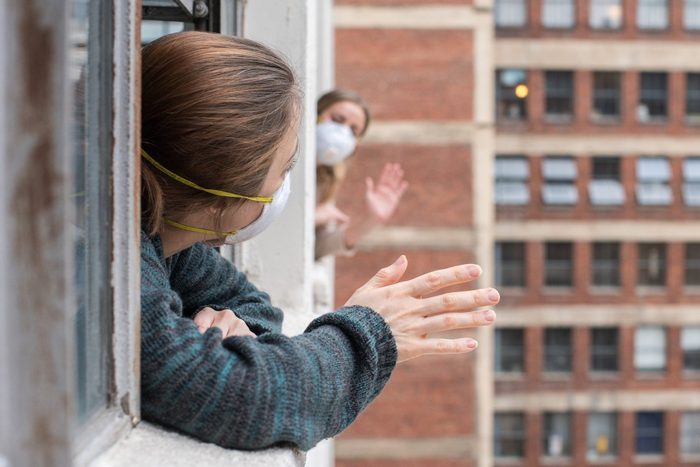
It has made us realize how social we actually are
For many of us, this is the start of our fourth month in lockdown. If you’re been quarantining with your family, partner, or roommates, you may wish you had more alone-time. But for those who live alone, the isolation has been a lot. “Many people had to come to terms with their difficult and complicated emotions during this very trying and unprecedented time,” says Pavan Madan, MD, a psychiatrist at Community Psychiatry. “Humans are social animals. Research has shown that good social support is protective in preventing and treating several mental health conditions, including depression. While social isolation has made it difficult for some to have the support, others have become acutely aware of the impact of social isolation on their lives and have taken steps to keep in touch with their family and friends more than ever before.”
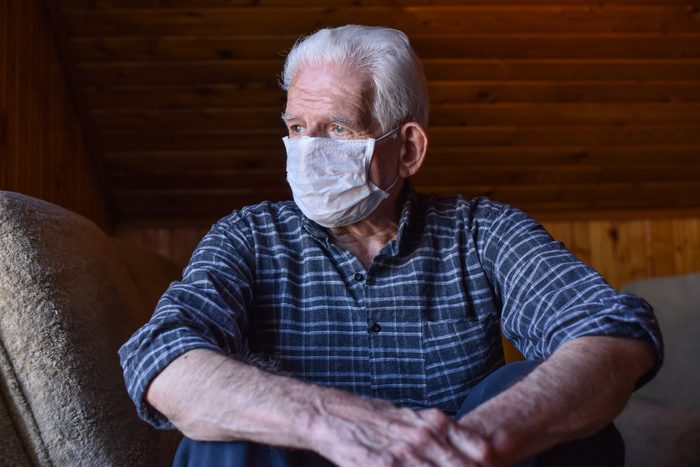
It could give us a better understanding of our mental health
The stresses of the pandemic have increased anxiety and depression in many individuals and perhaps highlighted the need for greater mental health awareness in our culture, explains Eudene Harry, MD, a former ER doctor and health expert. “One of my greatest concerns is that we have not yet begun to see the full impact on recent stressors on our health and that we are not prepared for it,” she adds. “Letting people know that it is OK not to be OK and it is OK to seek help if you need it.” Additionally, Madan says that people who lived with depression before the pandemic may have found themselves feeling more depressed due to social isolation and lockdown. “Mental health disorders are often a result of a combination of factors like our genes and life circumstances,” she explains. “While increasing unemployment and poverty have triggered depression and anxiety in some, others see it as a wake-up call to invest in their education and learn to save money so that they are better prepared for the next crisis in their lives, which is inevitable but does not need to be thought of as doomsday.” Also, now that so many people have gotten a small taste at what it’s like to live with anxiety and depression, the stigma surrounding mental health may decrease. (Battling depression during Covid-19? Here are some mental health tips from therapists.)
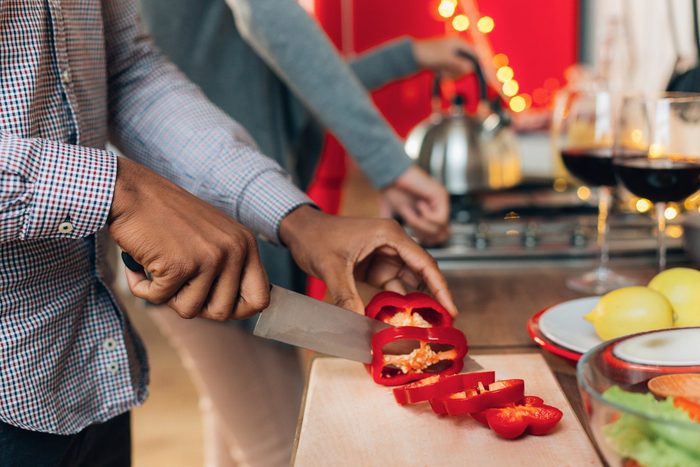
It has made us pay attention to what we’re eating
For a lot of people, making their own meals is the norm. But for others, the pandemic was a rude awakening. Sure, delivery was available in some places, but people started getting used to cooking for themselves—a trend that will ideally continue once the pandemic ends. “Good nutrition is essential for both our physical and mental well-being,” Madan explains. “This may have been a wake-up call for many about what they have been putting into their bodies. When people cook their own food, they become aware of what goes into the meals they eat; this awareness usually propels people to be more mindful of choosing healthy meal options and eating at regular intervals—avoiding binge eating or yo-yo dieting.” (Here are the best delivery services in Canada right now.)
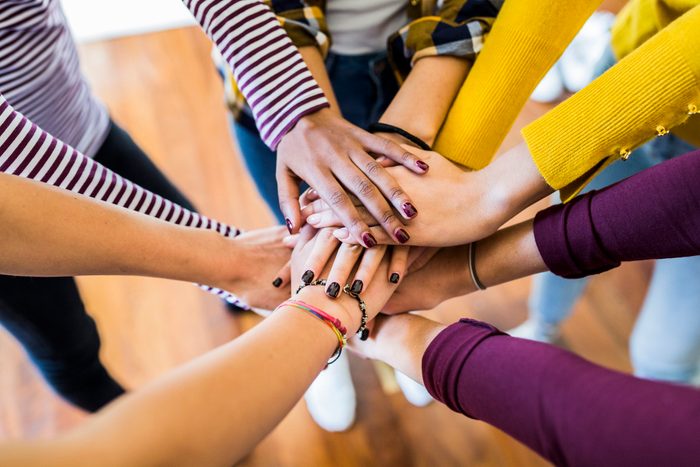
It has given us a better understanding of solidarity
With so much hardship around the world this year, it has made us think more about others around the country and the world who are also struggling. “As the impact of the coronavirus continues to unfurl, there is one silver lining to behold: a resurgence—a groundswell really—of a long-cherished but lately battered ethical ideal: solidarity,” Eckenwiler explains. “Solidarity has been defined as recognizing vulnerability among others with whom we see some similarity—such as the risk of infection, illness, and death—and taking responsive action at some cost or risk to oneself in concert with others…For at its core is a view of people as relational: we are individuals, yet we cannot exist, much less flourish, without relying on collective actions. Recognizing shared vulnerabilities and taking action in response—from wearing masks to isolating at home—are embodied enactments of the common-sense notion that ‘we are all in this together.'”
Next, check out these easy, affordable and sustainable ways to help reclaim your health this summer.
